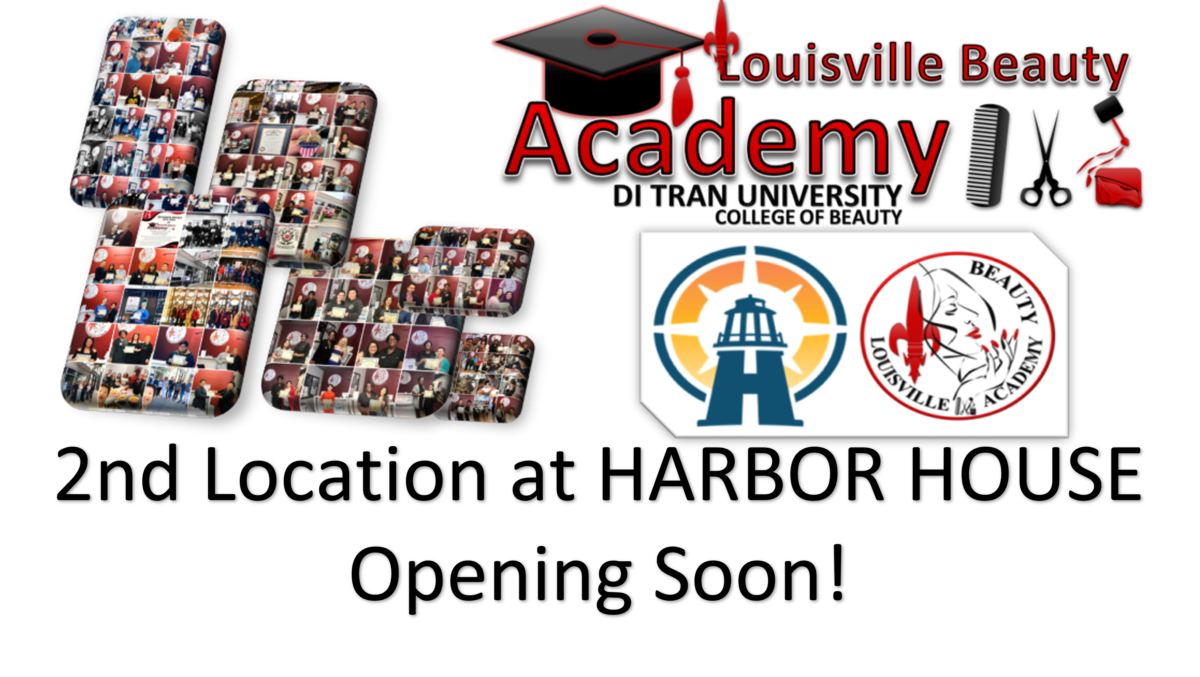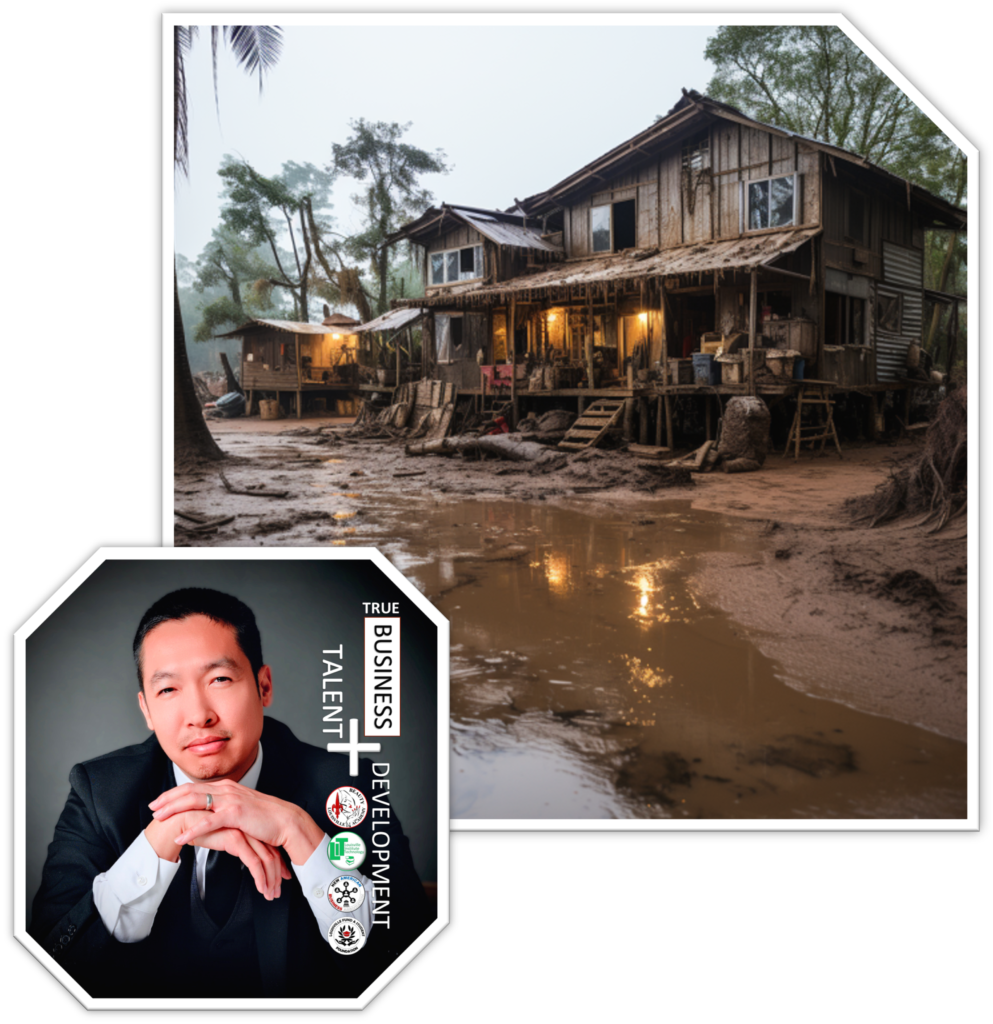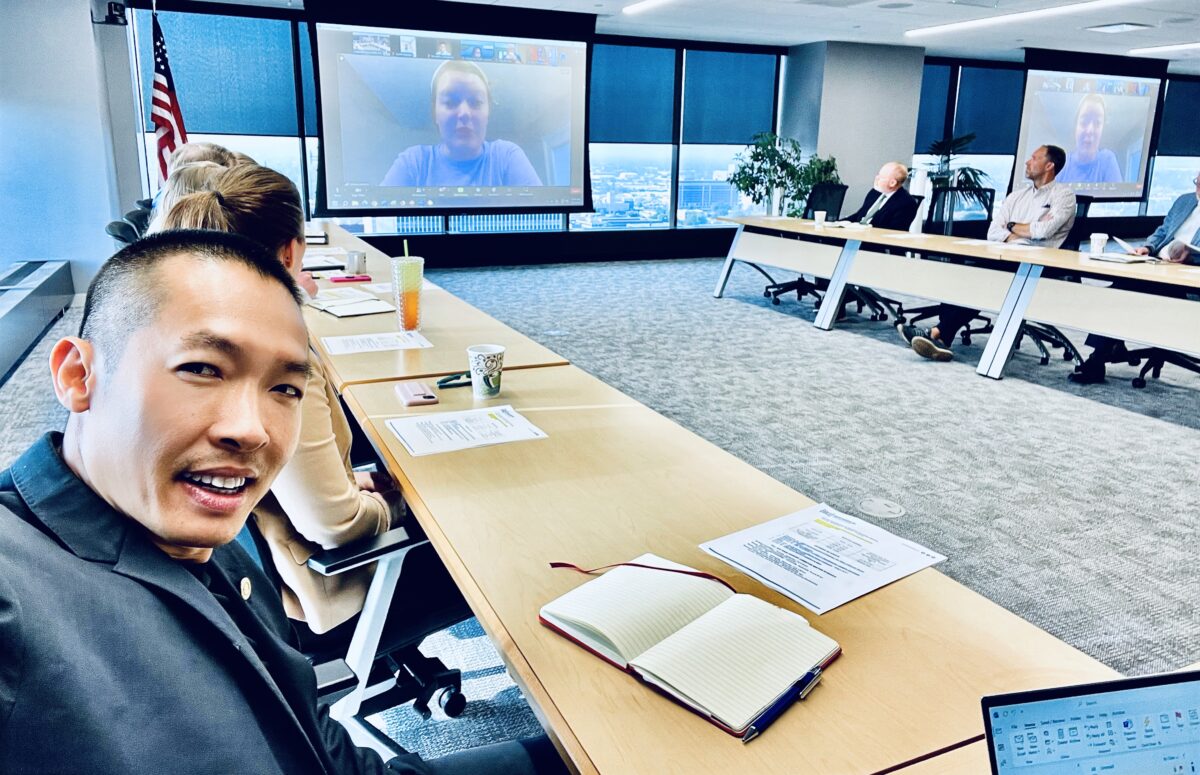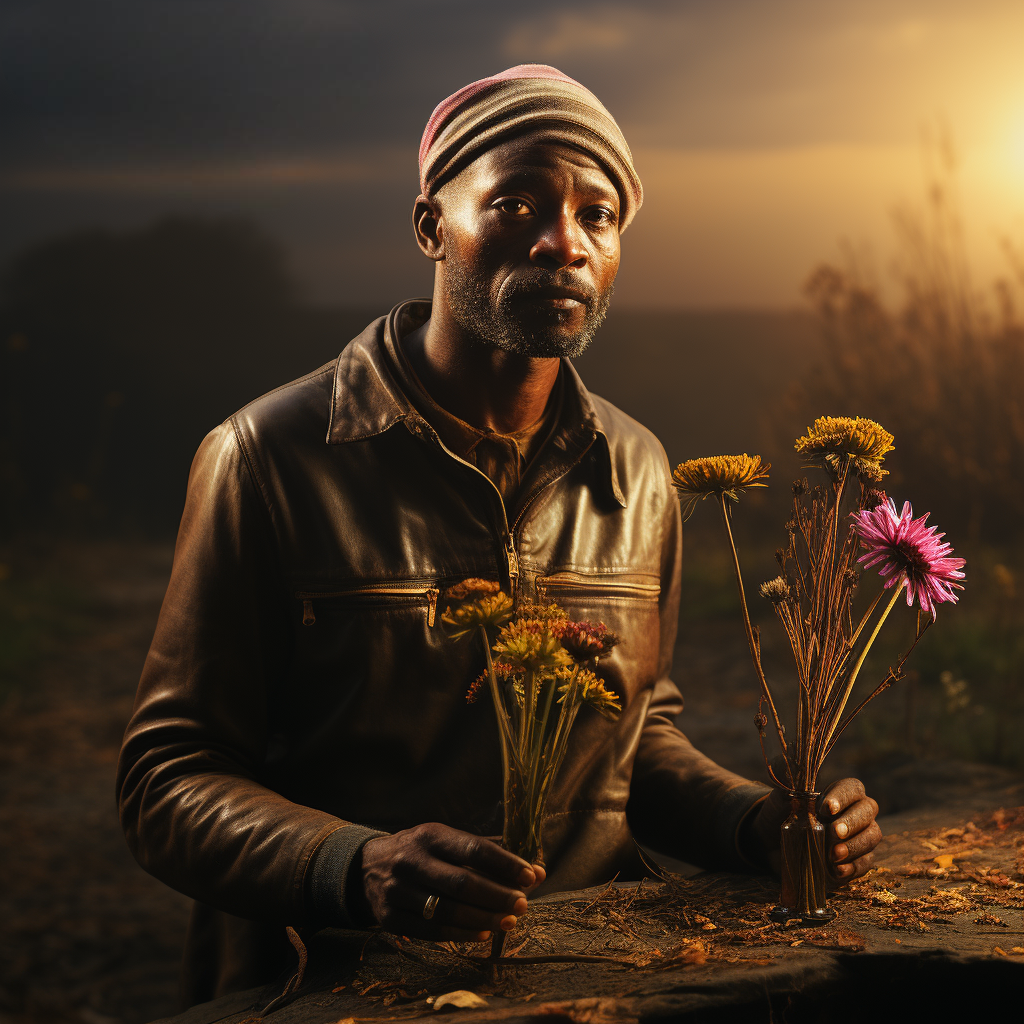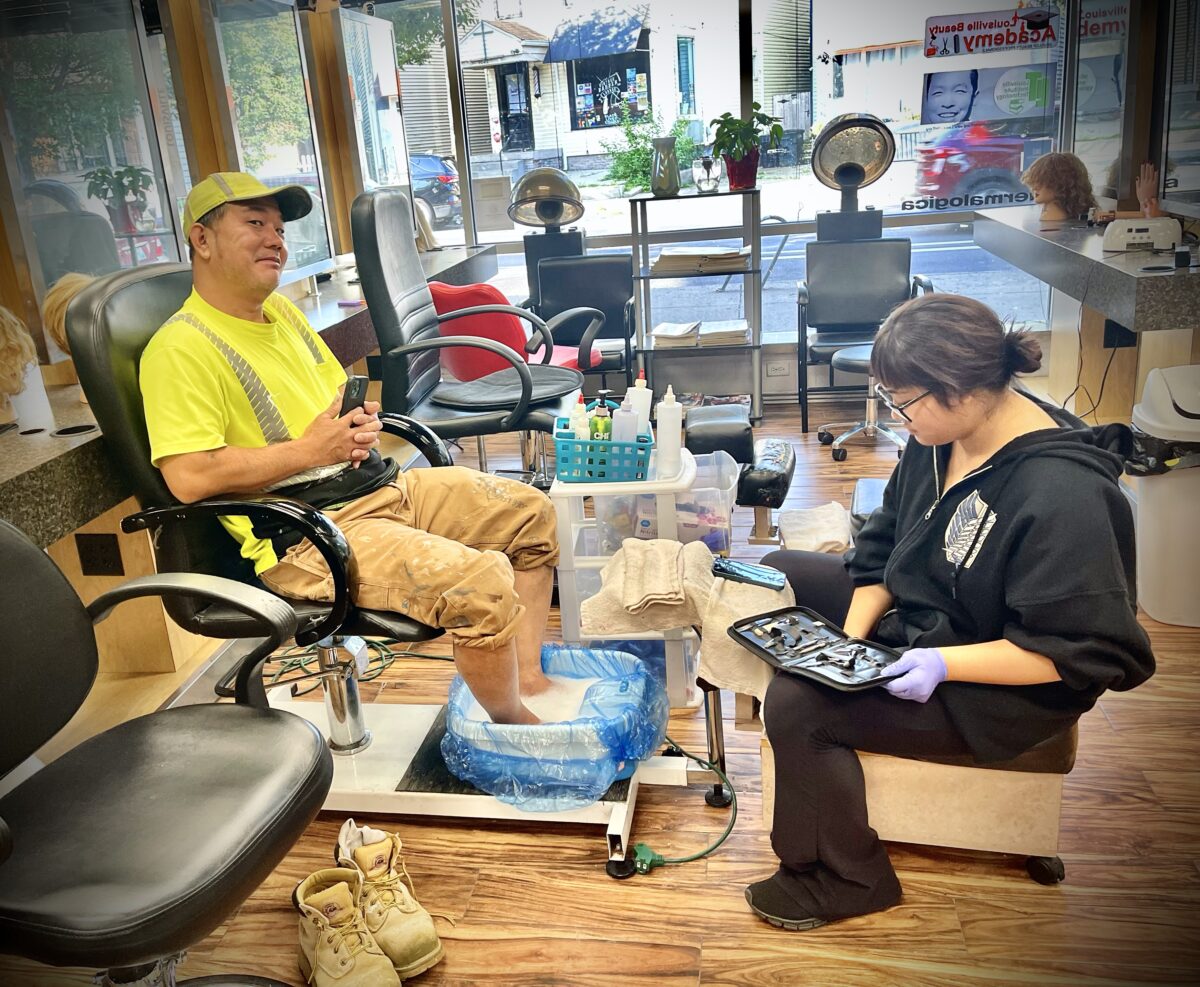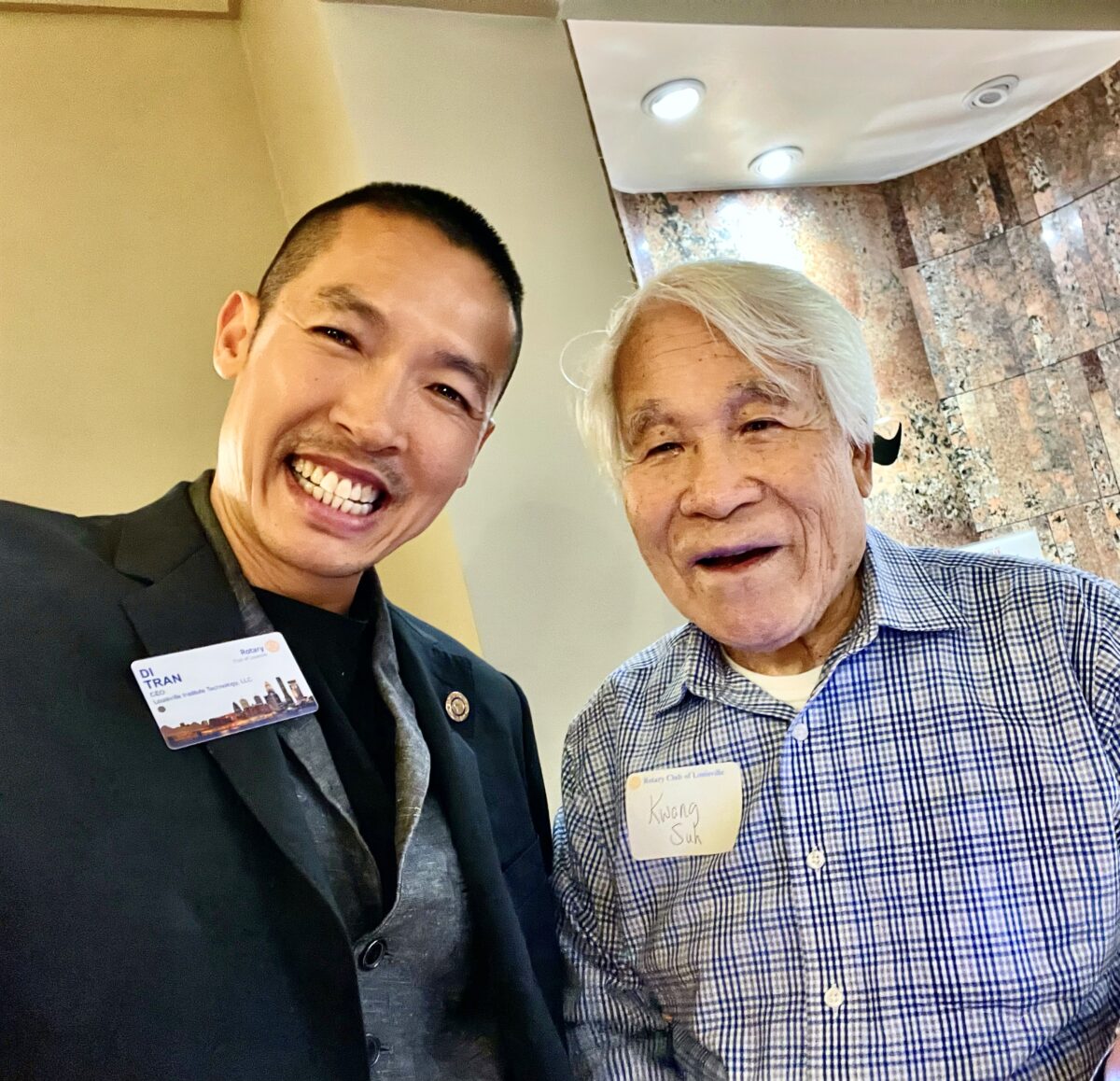The United States, a nation built on diversity and the melding of cultures, has seen its share of struggles when it comes to racial and ethnic acceptance. One group that has faced persistent prejudice throughout American history is the Asian community. From economic rivalries to wartime propaganda, the roots of anti-Asian sentiment are deep and multifaceted. However, in facing this challenging landscape, Vietnamese American Di Tran stands as a beacon of hope, leading with love to bridge divides and mend broken perceptions.
Historical Roots of Anti-Asian Bias
The foundation of anti-Asian prejudice can be traced back to the mid-19th century. The influx of Chinese laborers, who contributed significantly to projects like the transcontinental railroad, often found themselves as targets due to economic competition. Such tensions culminated in tragic events, like the 1871 Chinese Massacre in Los Angeles.
Legislation further cemented this prejudice. The Chinese Exclusion Act of 1882 was an overt institutionalization of xenophobia, barring Chinese immigrants from American shores solely based on their ethnicity.
Wartime only intensified these prejudices. During World War II, over 120,000 Japanese Americans were interned due to unfounded fears of espionage, with two-thirds being U.S.-born citizens. The Cold War era also saw Chinese Americans painted with broad brushes of suspicion.
The narrative continued in the 1980s, with Japan’s economic ascent leading to anti-Japanese sentiments. The murder of Vincent Chin in 1982 is a chilling testament to these sentiments. In the aftermath of 9/11, South Asians bore the brunt of misdirected anger, underscoring the broad and often undiscriminating nature of such prejudices.
Most recently, the COVID-19 pandemic added fuel to the flames of anti-Asian bias, with unfounded blame placed squarely on Asian communities for the global health crisis.
Fear: The Underlying Culprit
Beneath the façade of these biases lies a singular, powerful emotion: fear. Whether it’s fear of the unknown, economic displacement, or perceived threats, these anxieties manifest as hatred and prejudice. It’s this very emotion that Di Tran, and many like him, aim to combat.
Di Tran: Leading with Love
Vietnamese American Di Tran embodies the spirit of understanding and empathy. While Vietnamese, and Asians more broadly, are often stereotypically viewed as hardworking — a testament to their resilience and determination — Di Tran focuses on another strength: the power of love. Love, he believes, is the antidote to fear.
Understanding the struggles his community faces, Di Tran approaches the challenge with love and empathy. His perspective is simple yet profound: love can mend misunderstandings, build bridges, and foster unity. It’s a remedy to the program of fear that underpins hatred.
In Conclusion
In a climate rife with division, figures like Di Tran serve as reminders of the transformative power of love. Addressing deep-seated biases requires more than just awareness; it necessitates a change in heart. As Di Tran exemplifies, leading with love could very well be the key to a united, understanding, and harmonious future.



